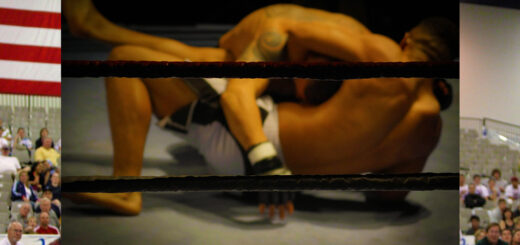▶ 5 Tips for Good Health from Traditional Chinese Medicine

5 Tips for Good Health from Traditional Chinese Medicine
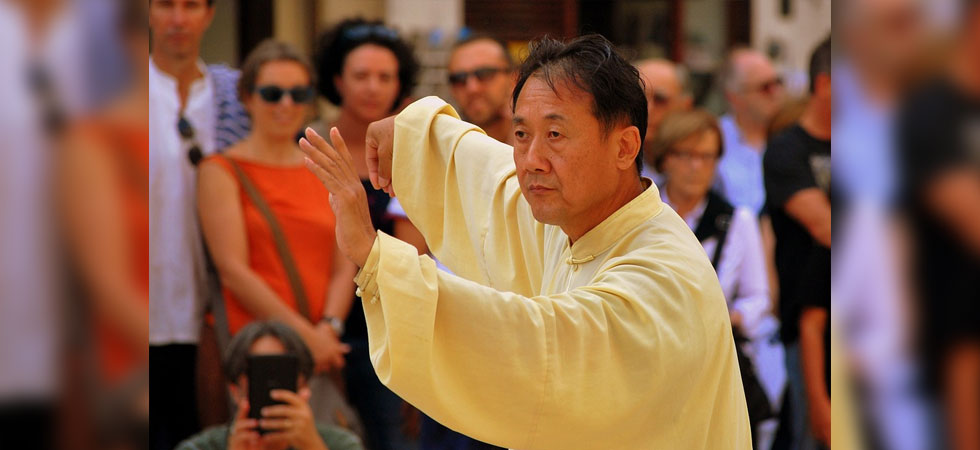
When feeling ill, people in the West frequently visit their doctor. However, traditional Eastern methods adopt a quite different strategy. Treatment is available in traditional Chinese medicine for both healthy people and those who have already developed illnesses.
According to Johns Hopkins Medicine, traditional Chinese medicine, which dates back thousands of years, examines how leading a healthy lifestyle prevents diseases from arising in the first place. In order to be healthy, balance is vital.
Each individual possesses an internal life force energy, according to traditional Chinese medicine. It’s referred to as “qi” in Chinese (pronounced chee).
Qi travels smoothly through the body’s meridians when everything is in harmony. Take advantage of this health advice from traditional Chinese medicine to balance the flow of energy in your body.
Nutritional counselling
Food and medication are synonymous in traditional Chinese medicine. Foods should be consumed not just for their flavor but also for their nourishing and therapeutic qualities.
According to Inner Light, the fundamental idea behind a Chinese medicine diet is draining moisture.
Eating meals that block the body’s energy flow can result in dampness. Cheese, yogurt, wheat, and sugar are examples of “damp” foods that obstruct the flow of qi and cause blockages.
You might experience constipation, swollen joints, excessive body fat, too much mucus in the sinuses or lungs, or all of the above. In order to improve digestion, avoid dairy products and uncooked foods.
Eat enough of vegetables to help your body get rid of toxins and moisture for the perfect Chinese medicine menu. As it does on your plate, rice aids in body cleansing while expelling moisture. Include tiny amounts of protein, such as that found in meat, fish, and beans.

Kinetic exercises
Tai chi and qi gong are martial arts that integrate meditation with slow, flowing movements, and the Chinese have been practicing them for generations.
These exercises control the qi energy flow within the body, which eventually balances your inner life force. According to Harvard Health Publishing, this low-impact exercise not only calms the mind but also increases flexibility and balance.
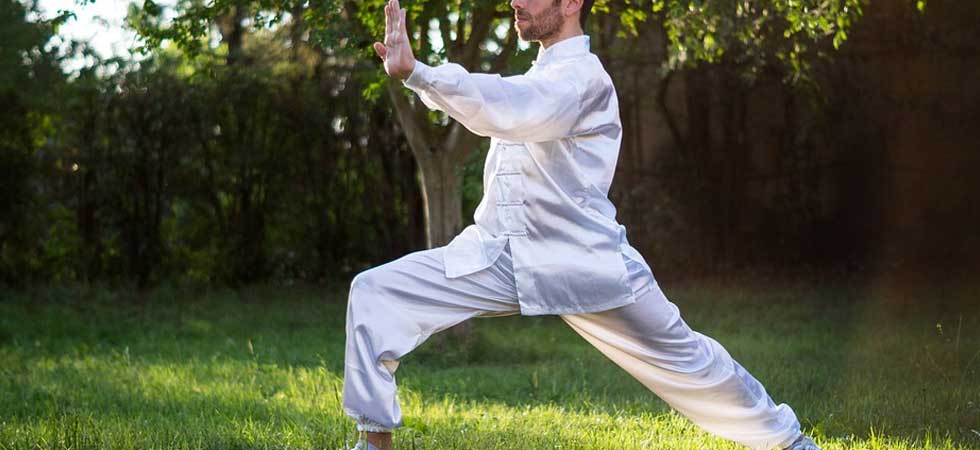
Massage
5 Tips for Good Health from Traditional Chinese Medicine. By relieving pressure at the body’s meridian points, massage therapy (tuina) balances qi. The muscles are relaxed and tension is released by turning, turning, and kneading.
During a massage, your body naturally releases feel-good hormones including dopamine, serotonin, and opiates. In addition, massage therapy lowers cortisol levels and slows down the body’s fight-or-flight reaction.
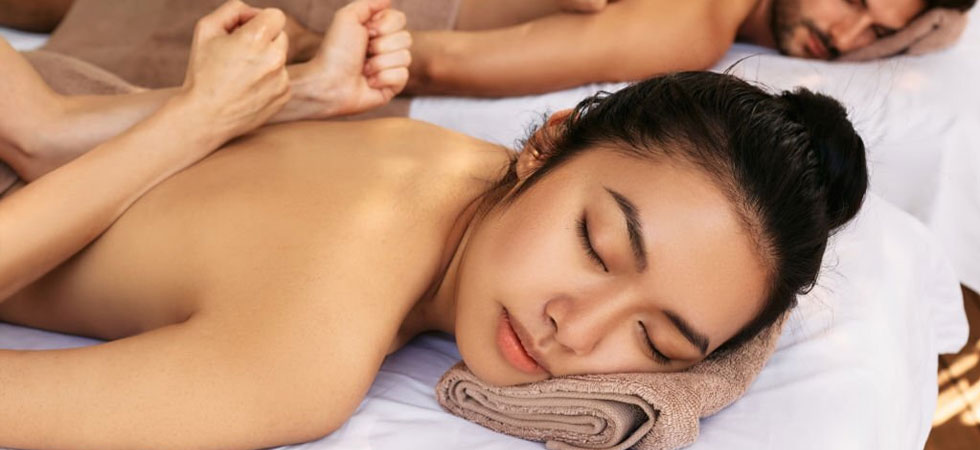
Acupuncture
You may be acquainted with acupuncture, a conventional Chinese medicine procedure that entails inserting tiny needles into the skin. Despite how unpleasant it may seem, acupuncture truly relieves pain!
To encourage the flow of qi, practitioners precisely put each needle at designated locations throughout the meridians.
According to the UC San Diego school of medicine, acupuncture treatment does relieve a number of chronic pain disorders efficiently.
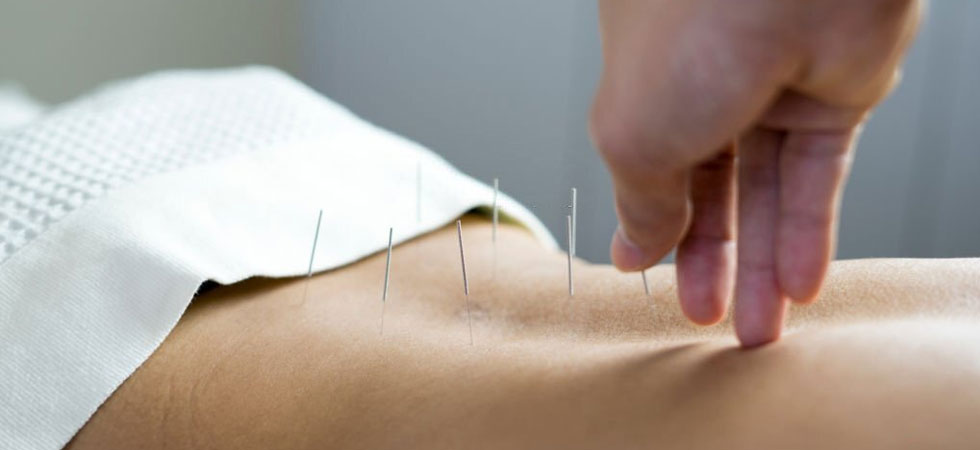
Cupping
Although cupping therapy is popular right now, Chinese doctors have been using the technique for millennia. In this custom, cups are filled with flammable materials like paper, alcohol, or plants before being lit on fire.
To produce a suction, the cups are then placed on the skin upside down. A vacuum is created as the cup cools, expanding the blood vessels.
According to MedicineNet, attracting pollutants to the skin’s surface aids in the removal of toxins from the body. In a similar way to a massage, it might also help tissues relax and reduce inflammation.
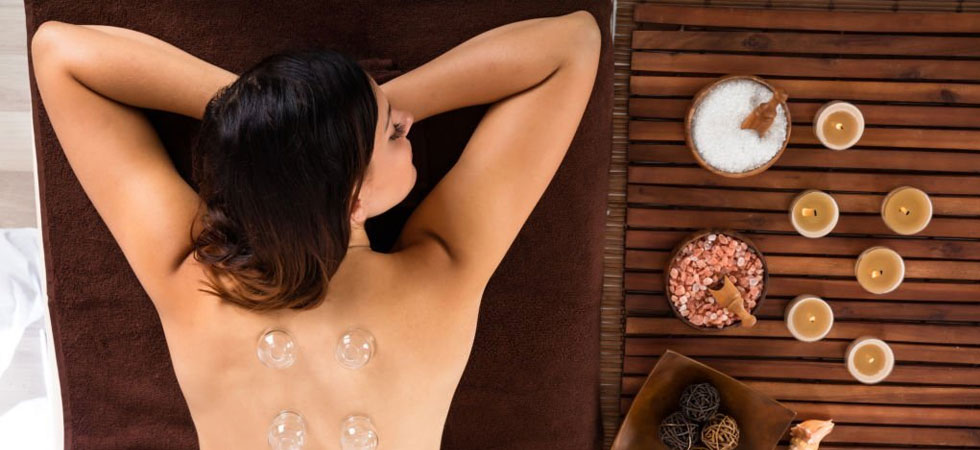

Nathan Francis Theodore is a Writer, Adventurer, Foodie, Entrepreneur, Trader, and Scuba Diver.
He loves traveling and exploring new things about culture, nature, and possibilities.
He also loves writing and this blog is dedicated to sharing his experience and personal routine.
You can support his work by contributing to this blog. Donate




